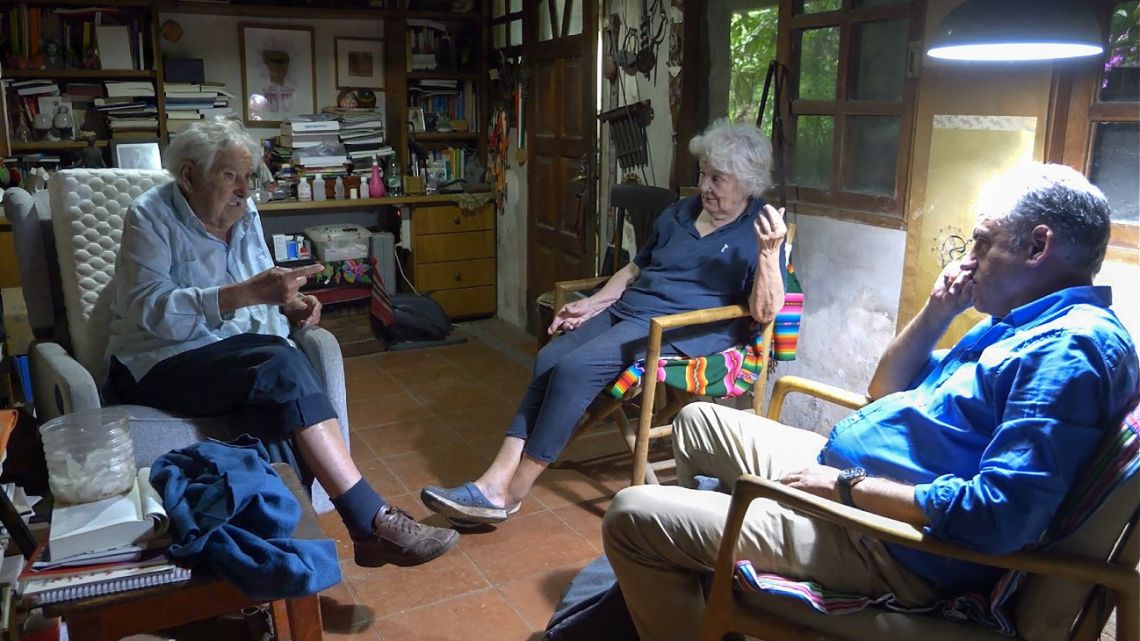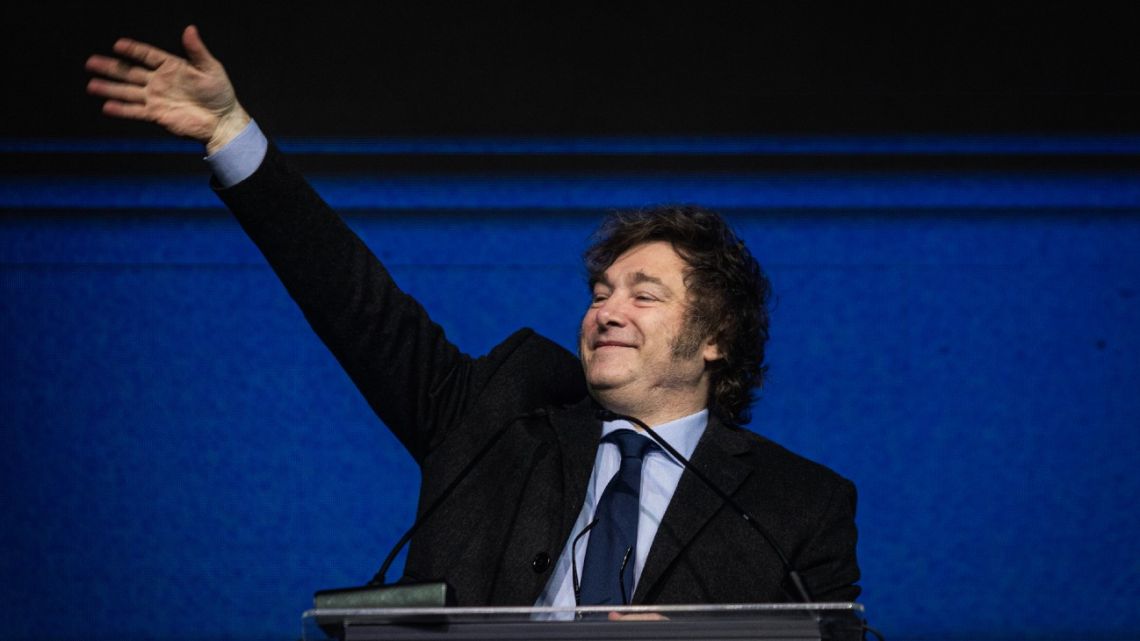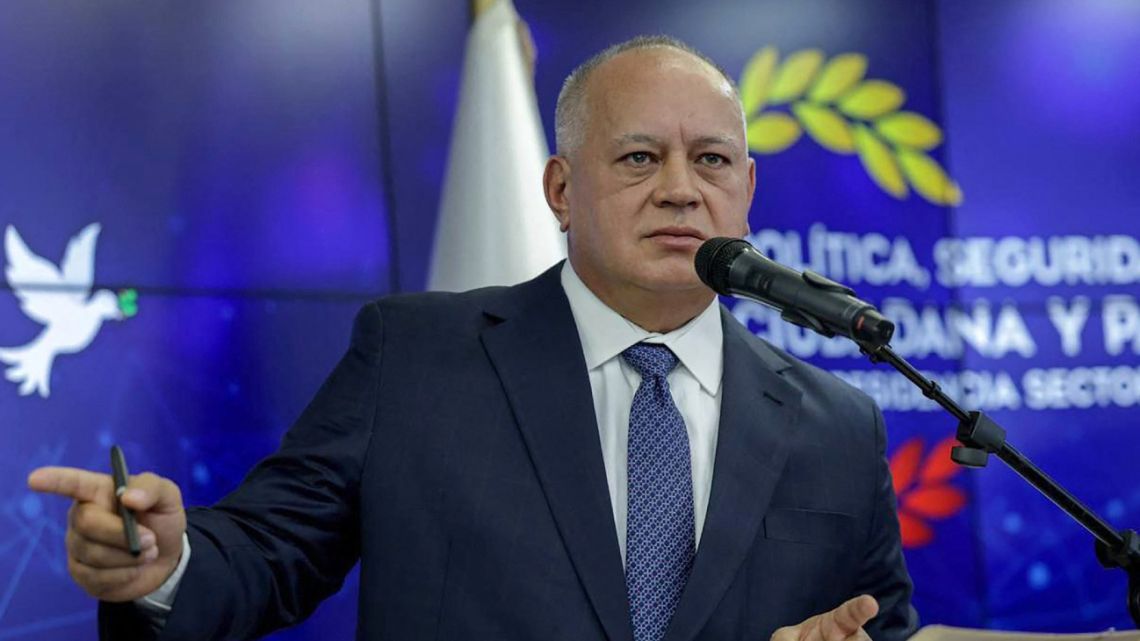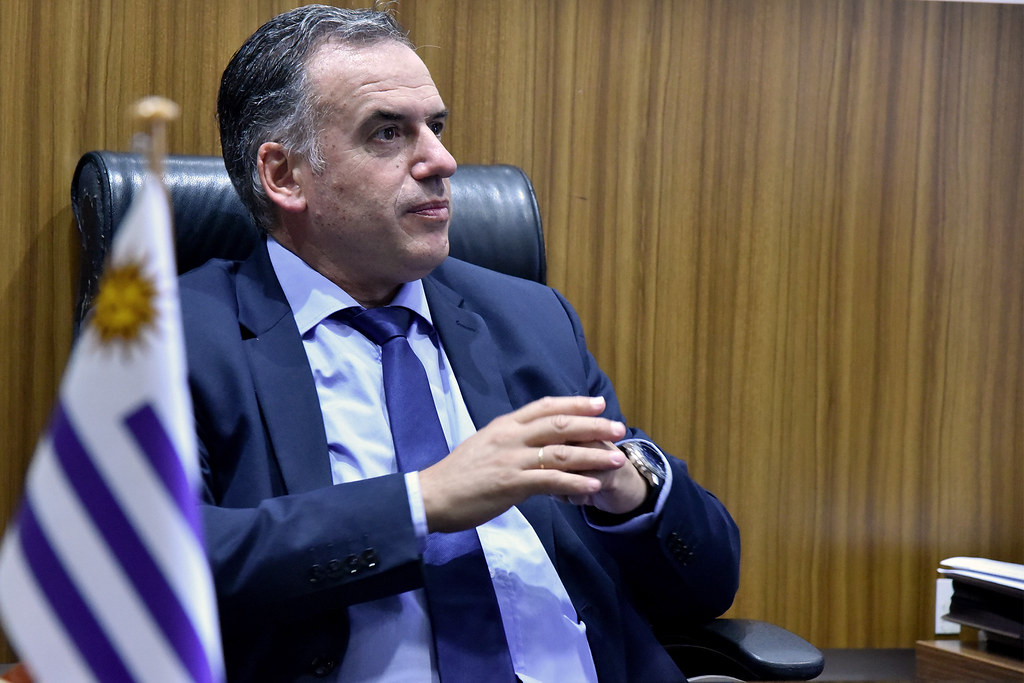The future of global poverty assistance hangs in the balance as President Biden pledges $4 billion to the World Bank’s poverty fighting arm. This commitment, announced at the G20 summit in Rio de Janeiro, arrives at a critical moment of political transition.
The money would flow through the International Development Association (IDA), which serves as a financial lifeline for the world’s 75 poorest nations.
Unlike typical bank loans, IDA provides low-interest financing and grants that make development projects possible in countries that cannot access traditional credit markets.
This pledge faces two significant hurdles. First, Congress must approve the funding before any money moves. Second, President-elect Trump’s incoming administration could derail the entire commitment.
Trump’s previous stance on international aid suggests a preference for America-first approaches rather than multilateral solutions. The World Bank aims to leverage this funding into more than $100 billion of assistance.
 Biden’s Last Stand: $4B Aid Promise Challenges Trump’s Development Vision. (Photo Internet reproduction)
Biden’s Last Stand: $4B Aid Promise Challenges Trump’s Development Vision. (Photo Internet reproduction)This multiplication effect means every dollar contributed could generate roughly $25 in development funding. Previous funding rounds have supported:
- Basic infrastructure projects
- Healthcare initiatives
- Education programs
- Climate resilience efforts
World Bank President Ajay Banga sees this funding round as crucial for addressing growing global challenges. The previous round raised $93 billion, but mounting crises demand more resources.
The final numbers, due in December, will reveal whether other nations follow America’s lead. The pledge’s fate now rests in the complex interplay between domestic politics and international development needs.
While Biden positions this as a cornerstone of his international legacy, Trump’s team has already signaled plans to reevaluate America’s role in global financial institutions.
This commitment represents more than just financial aid – it’s a test of whether the United States will maintain its leadership role in global development or pivot toward a more isolated approach.

 By The Rio Times | Created at 2024-11-19 09:16:44 | Updated at 2024-11-26 06:24:13
6 days ago
By The Rio Times | Created at 2024-11-19 09:16:44 | Updated at 2024-11-26 06:24:13
6 days ago








